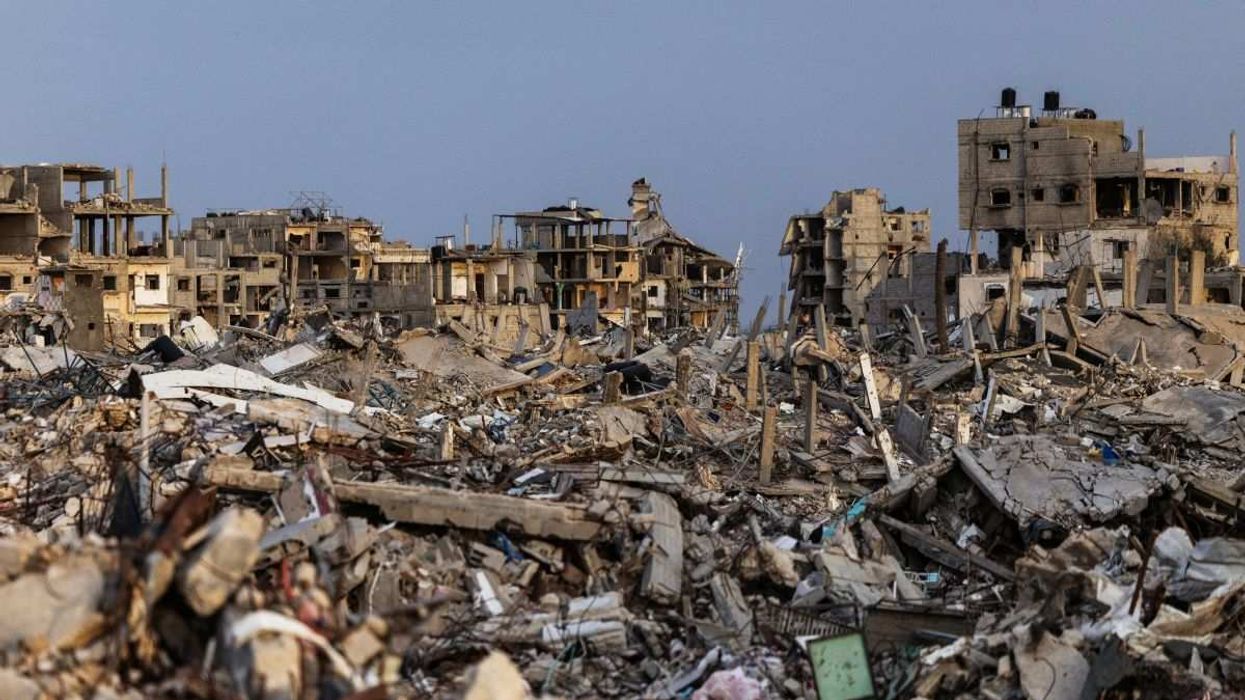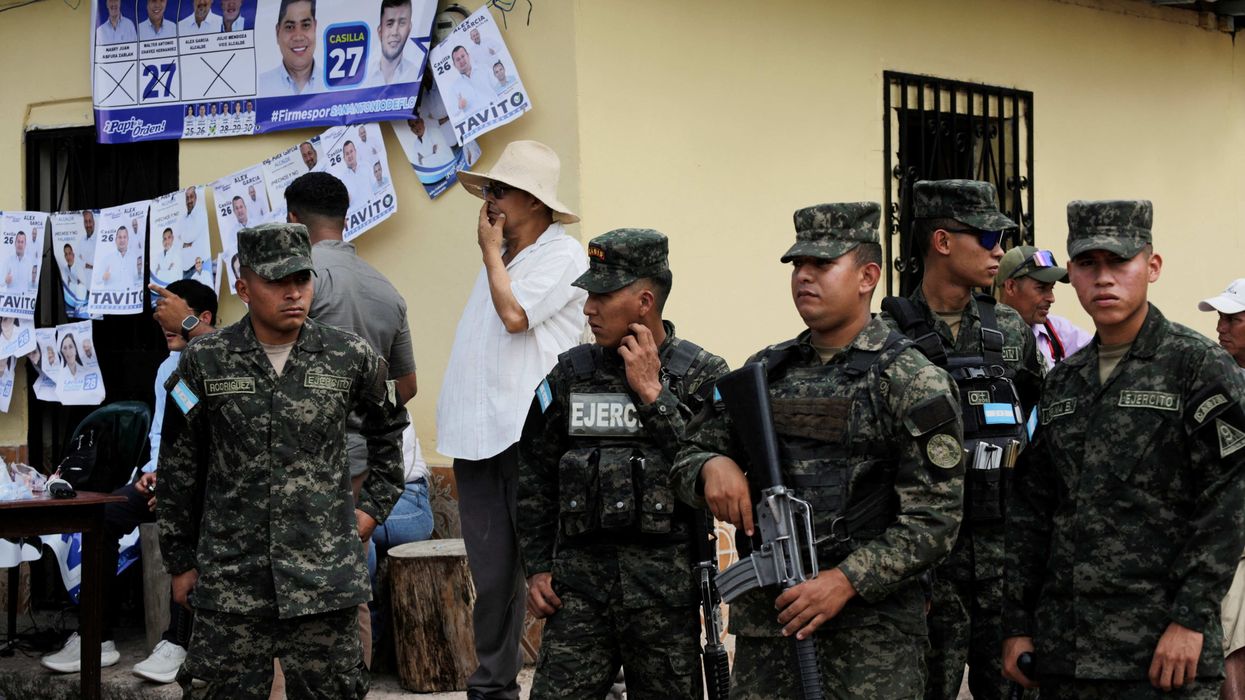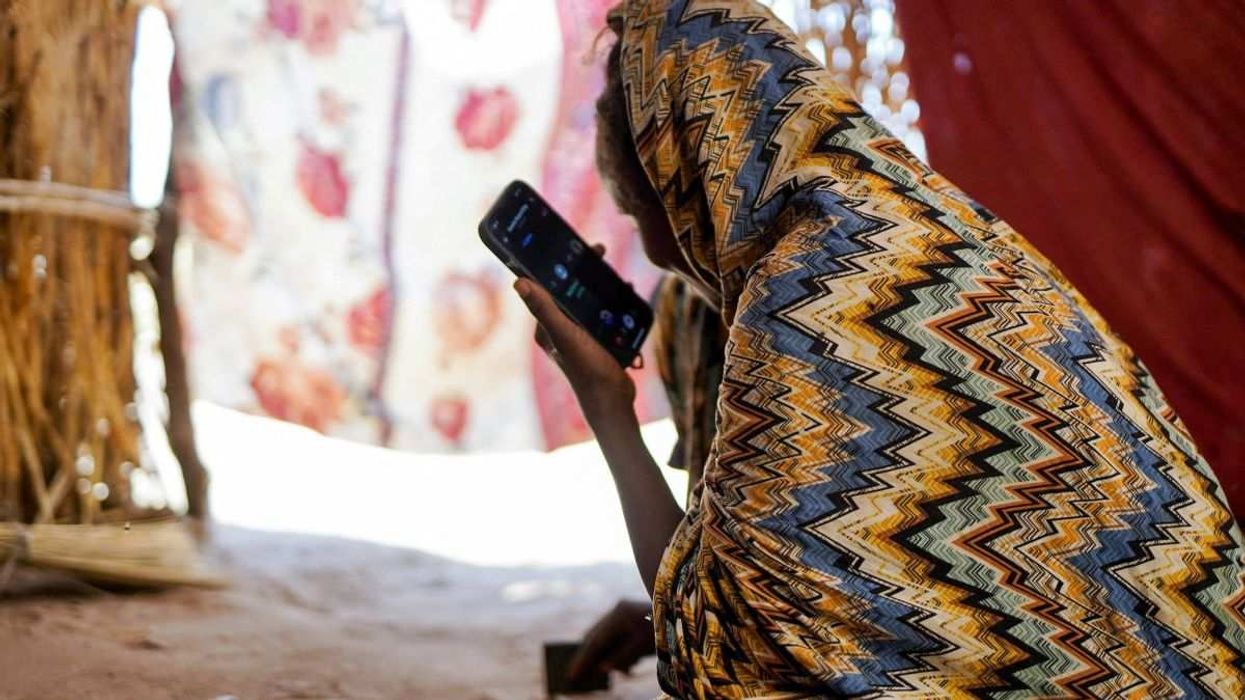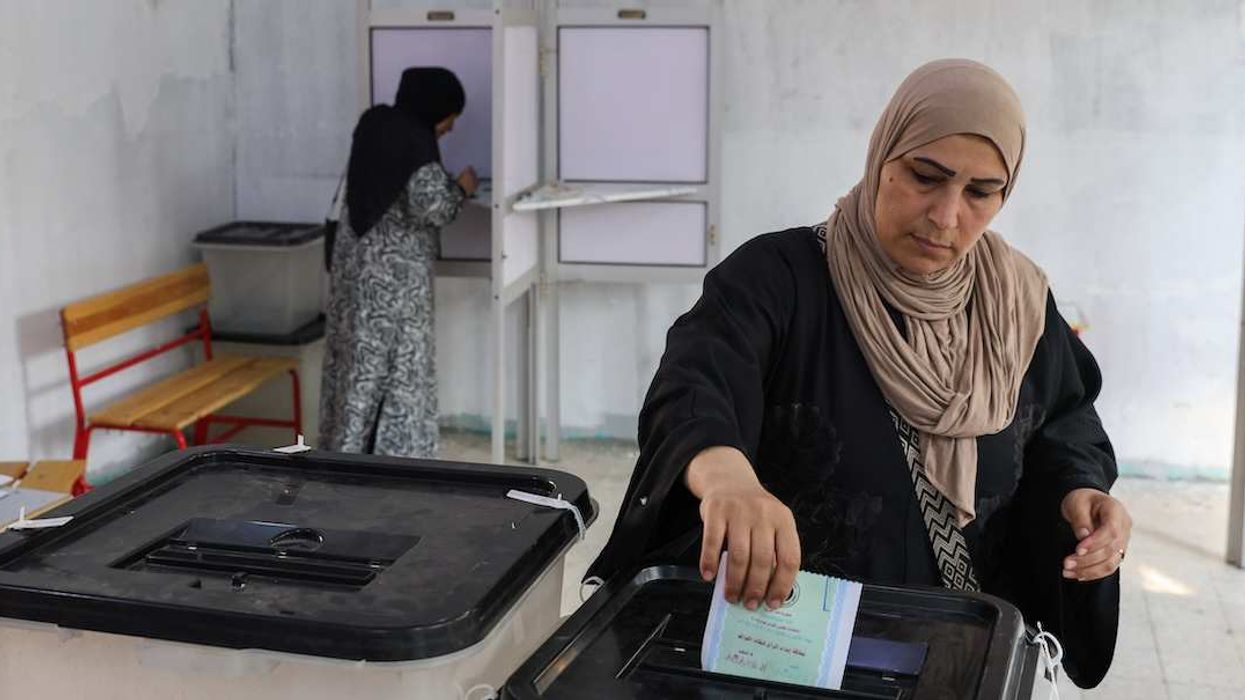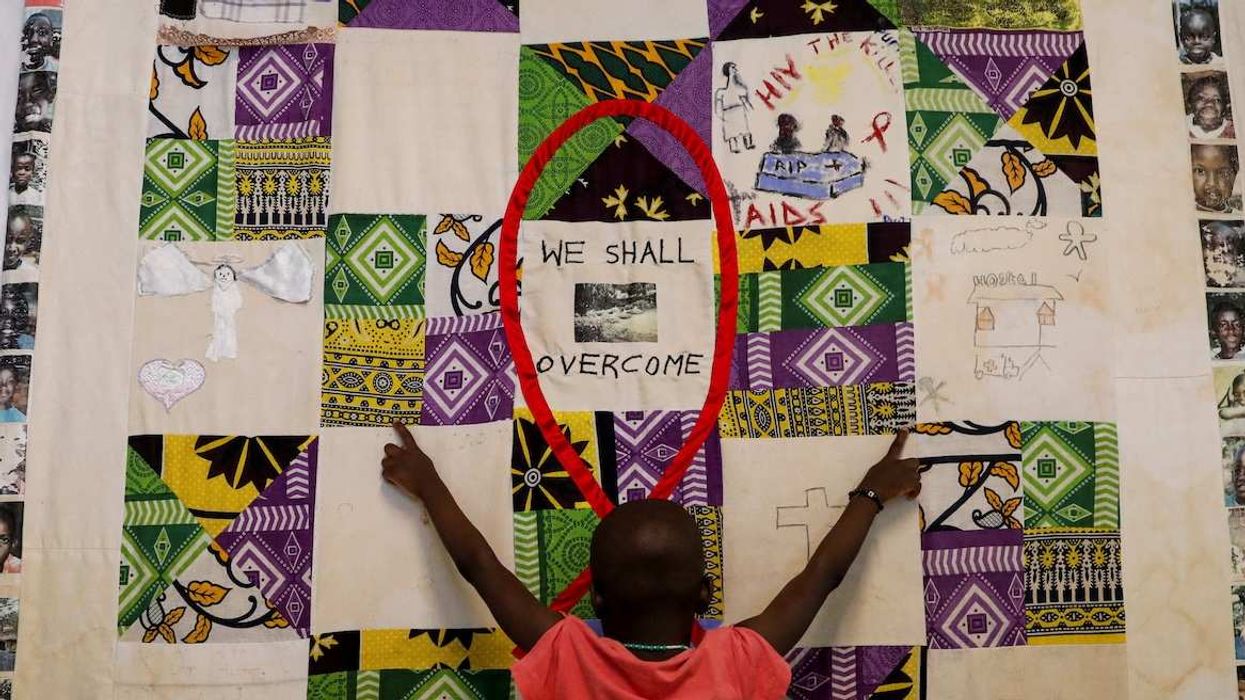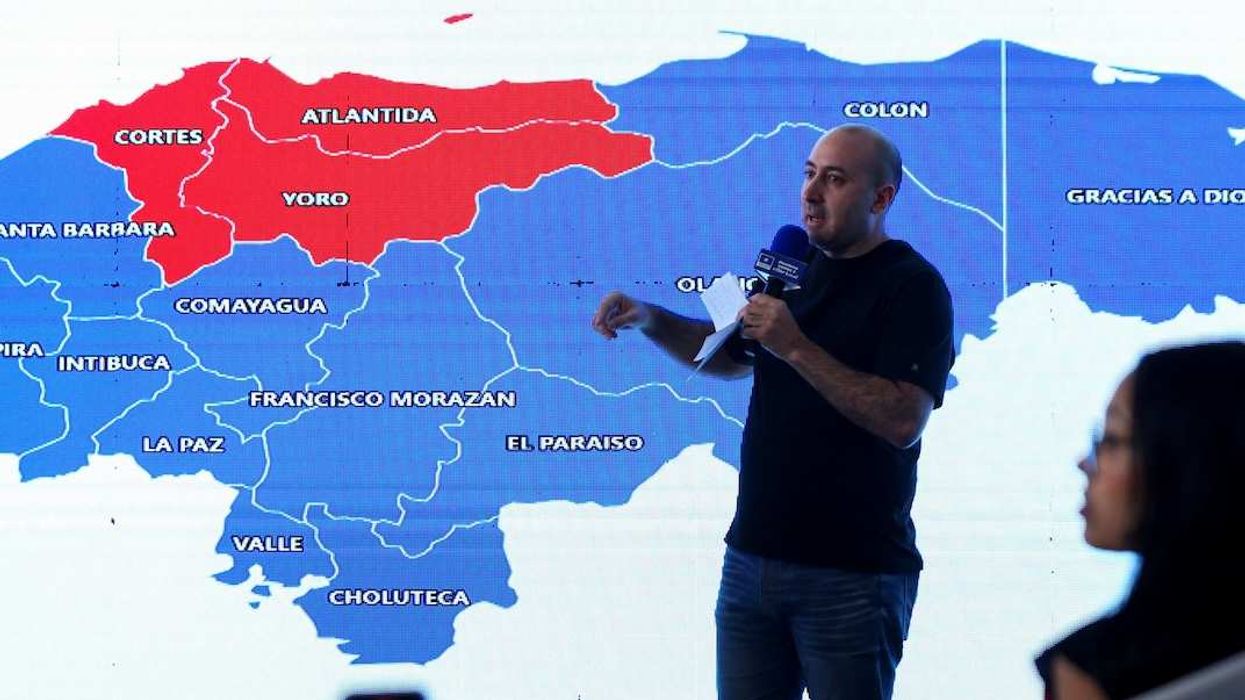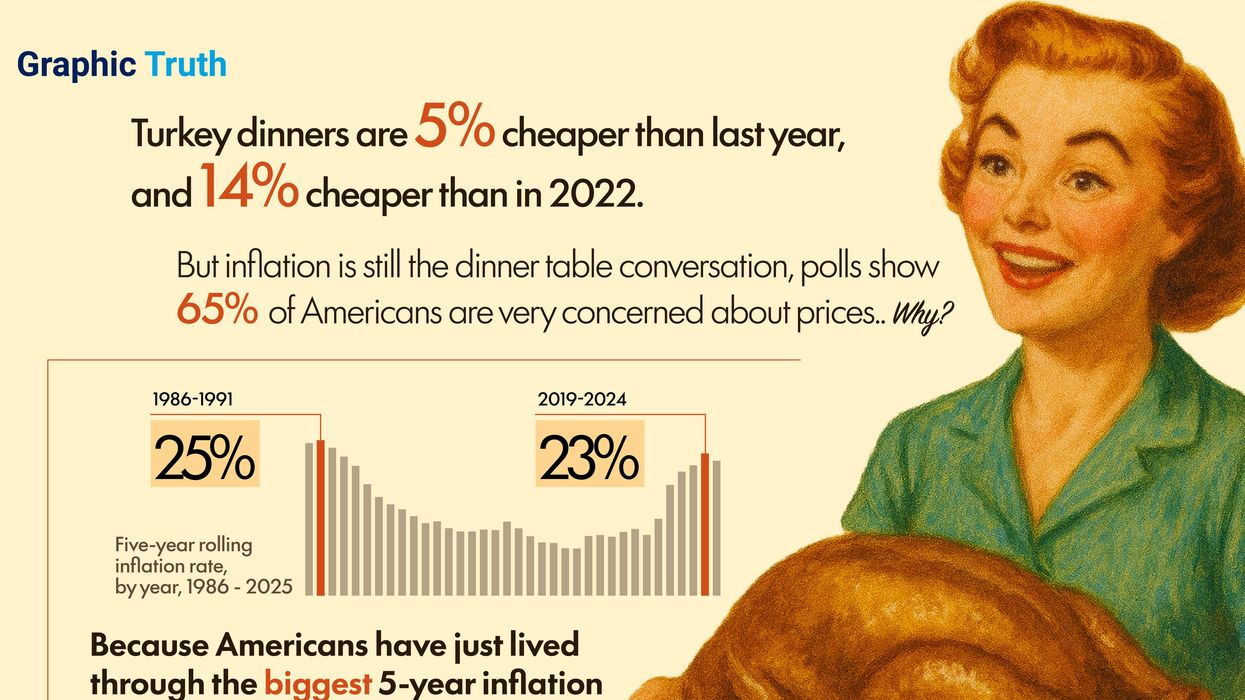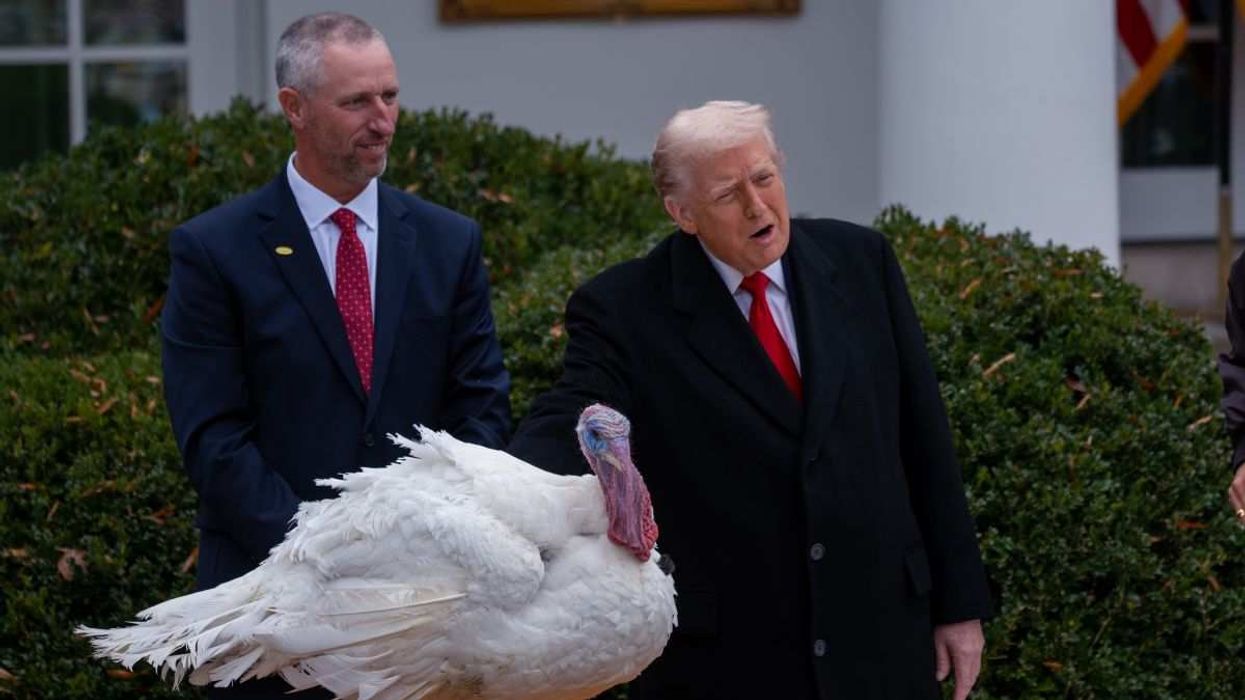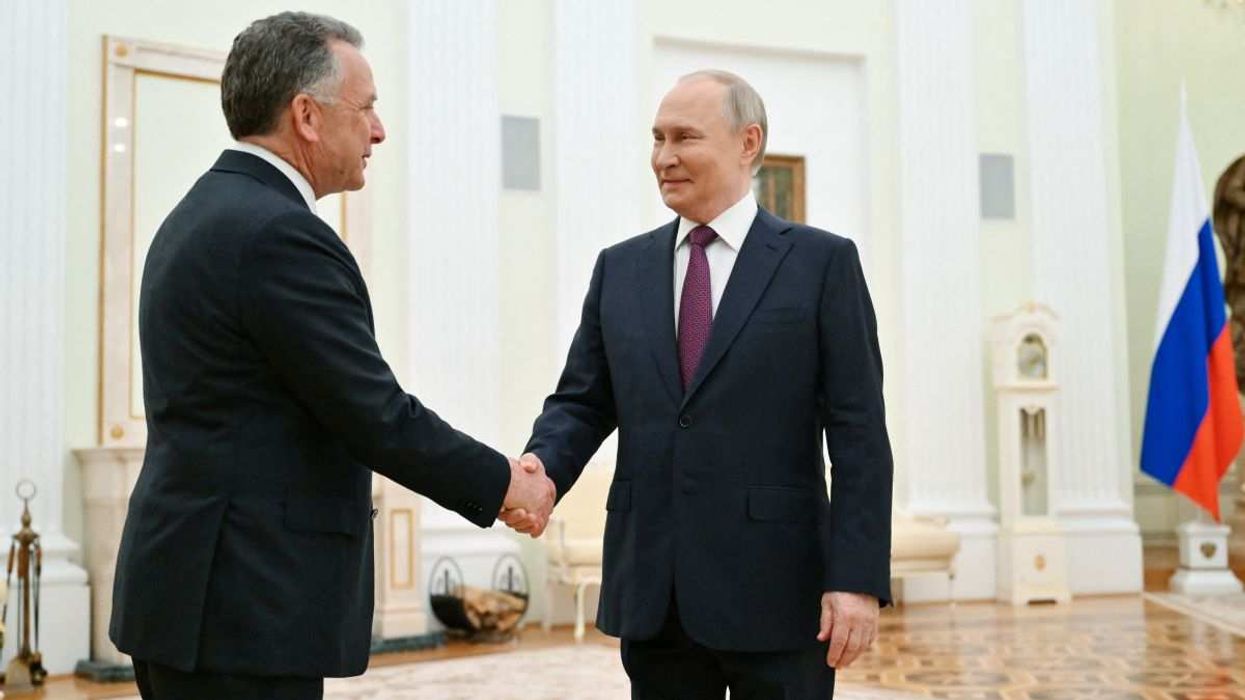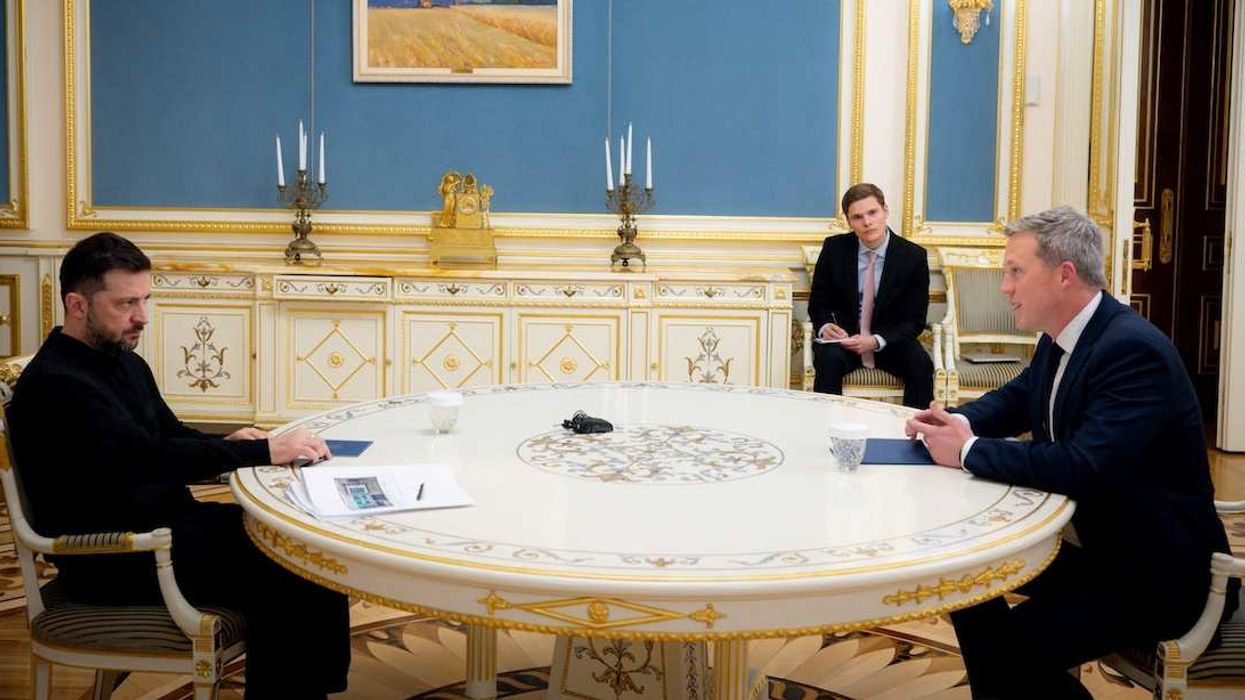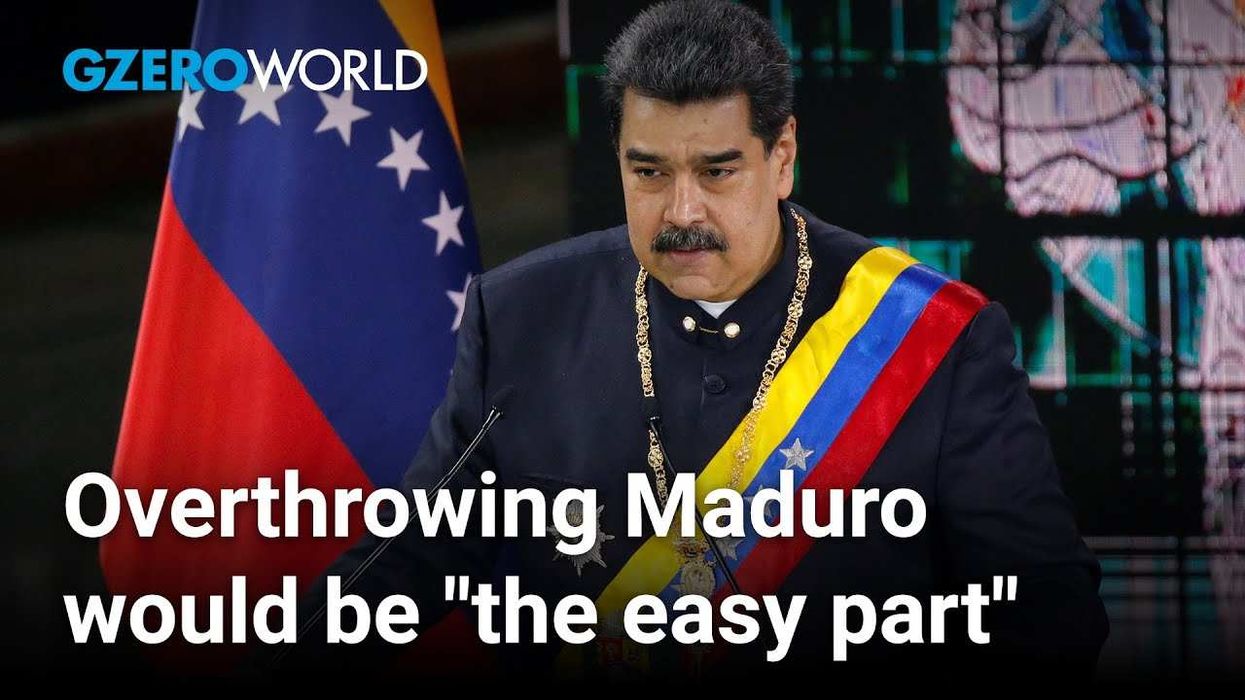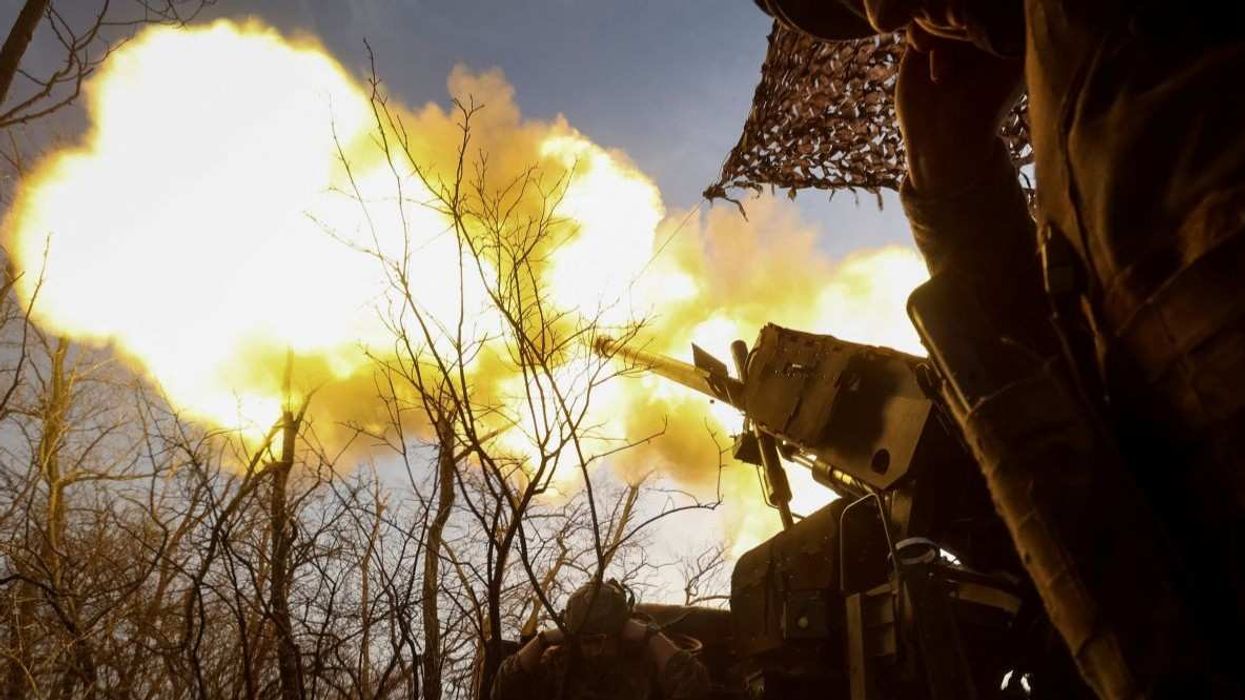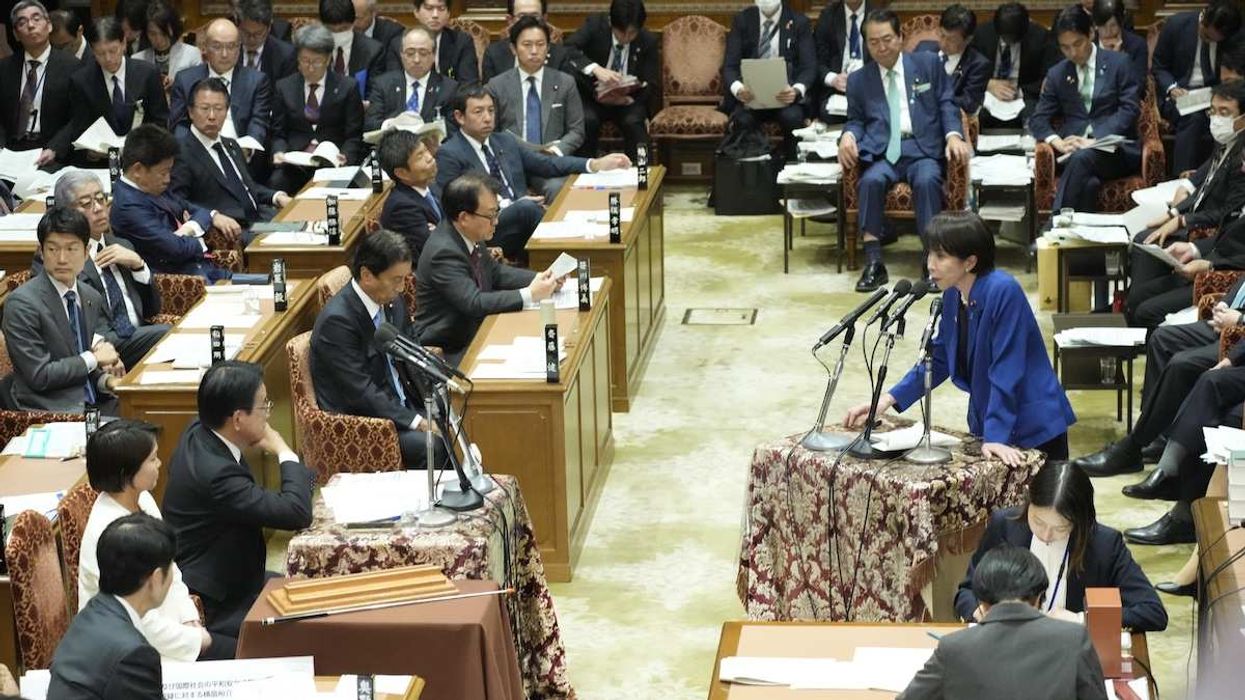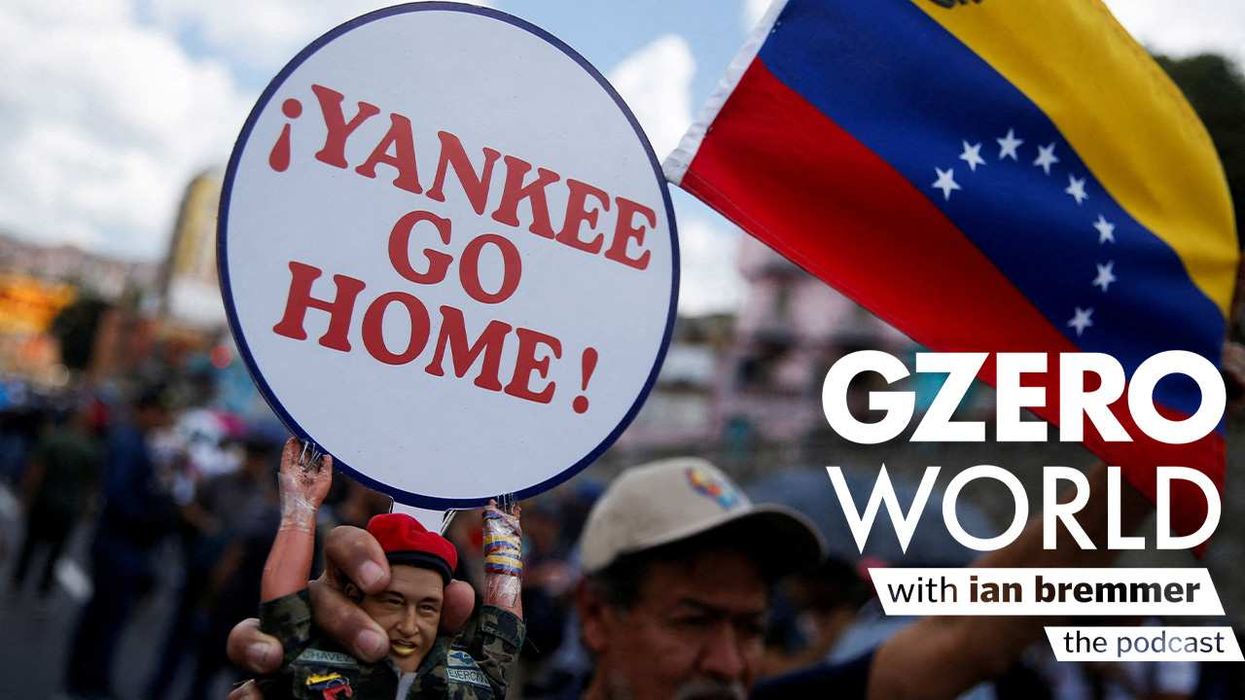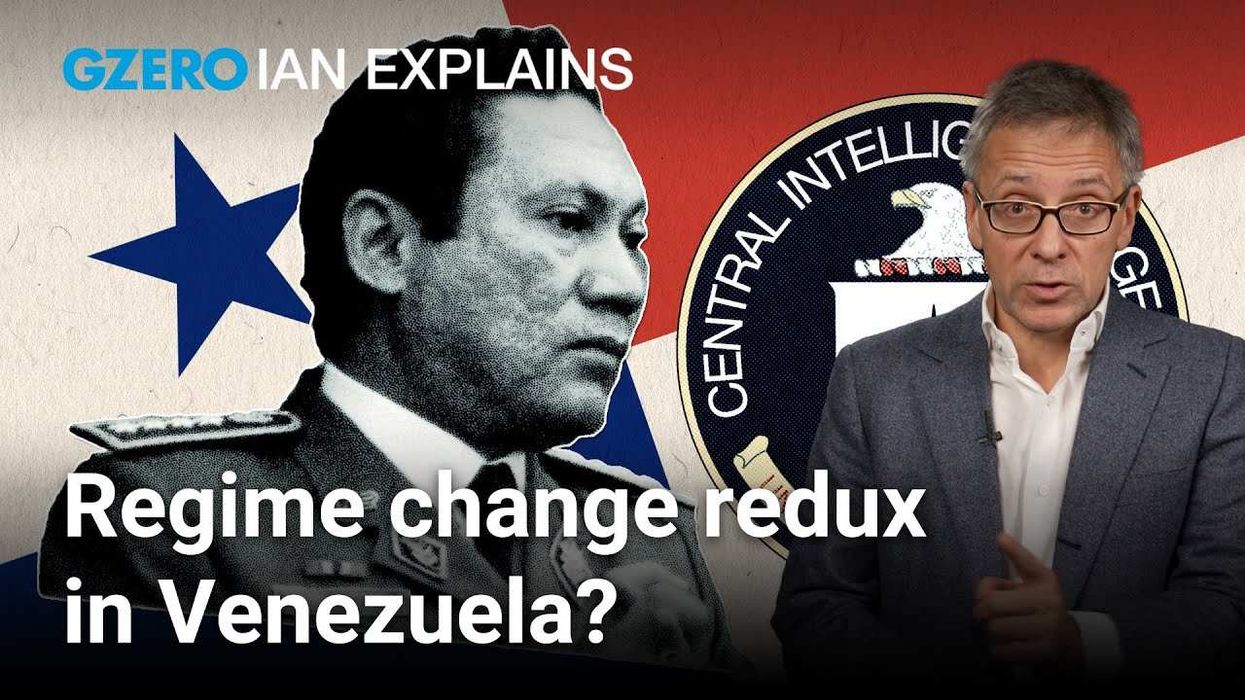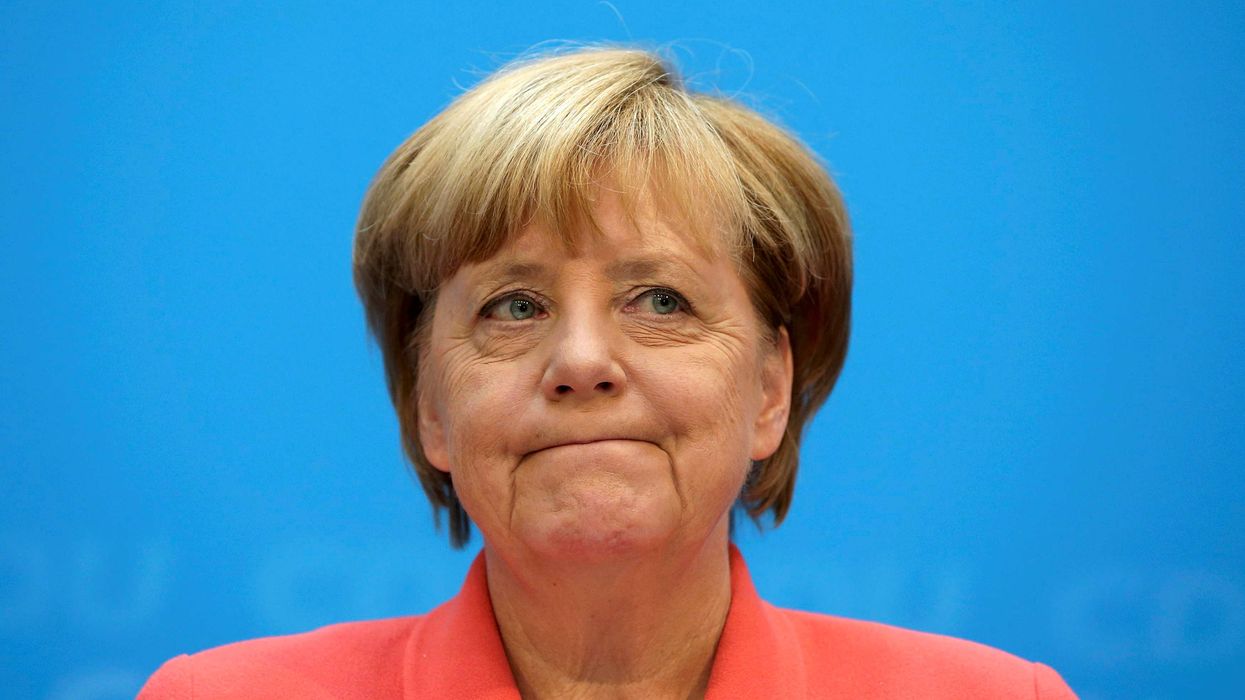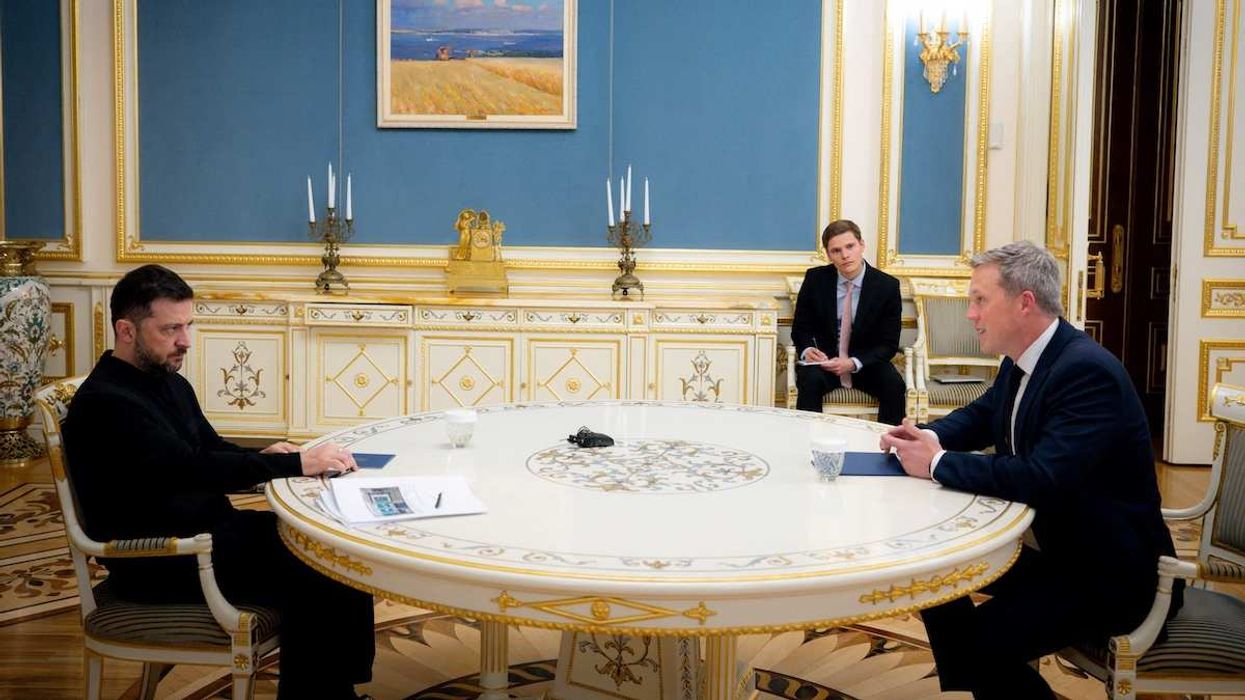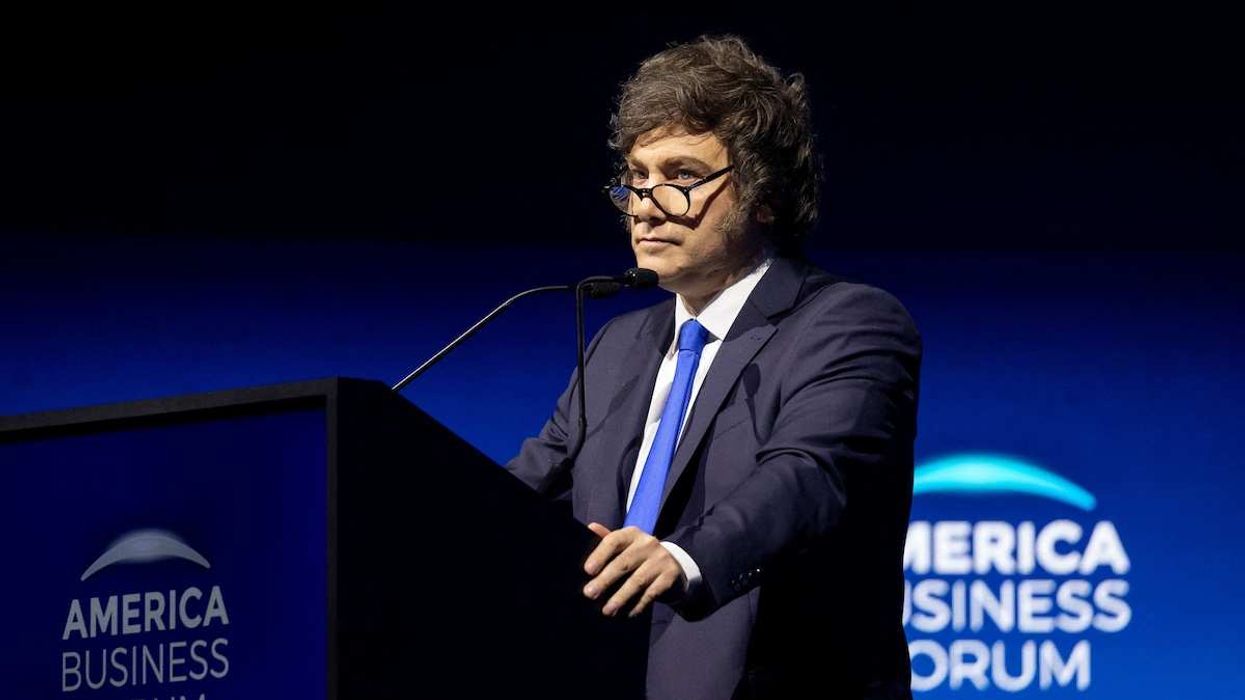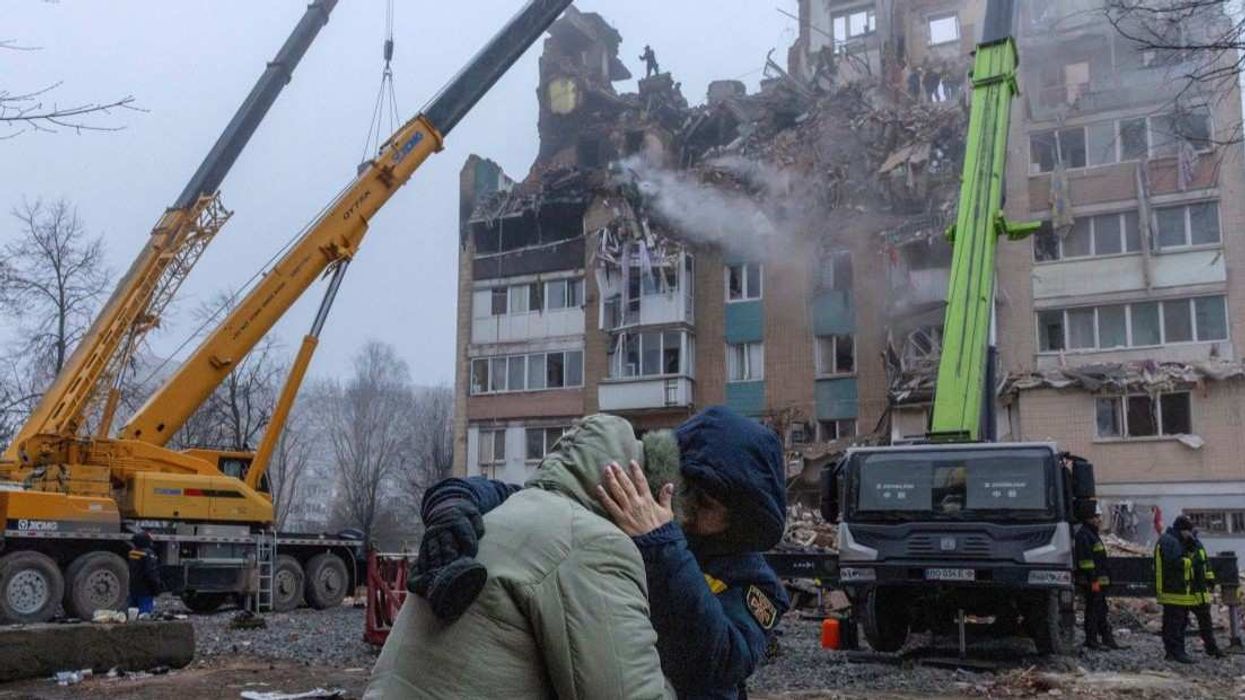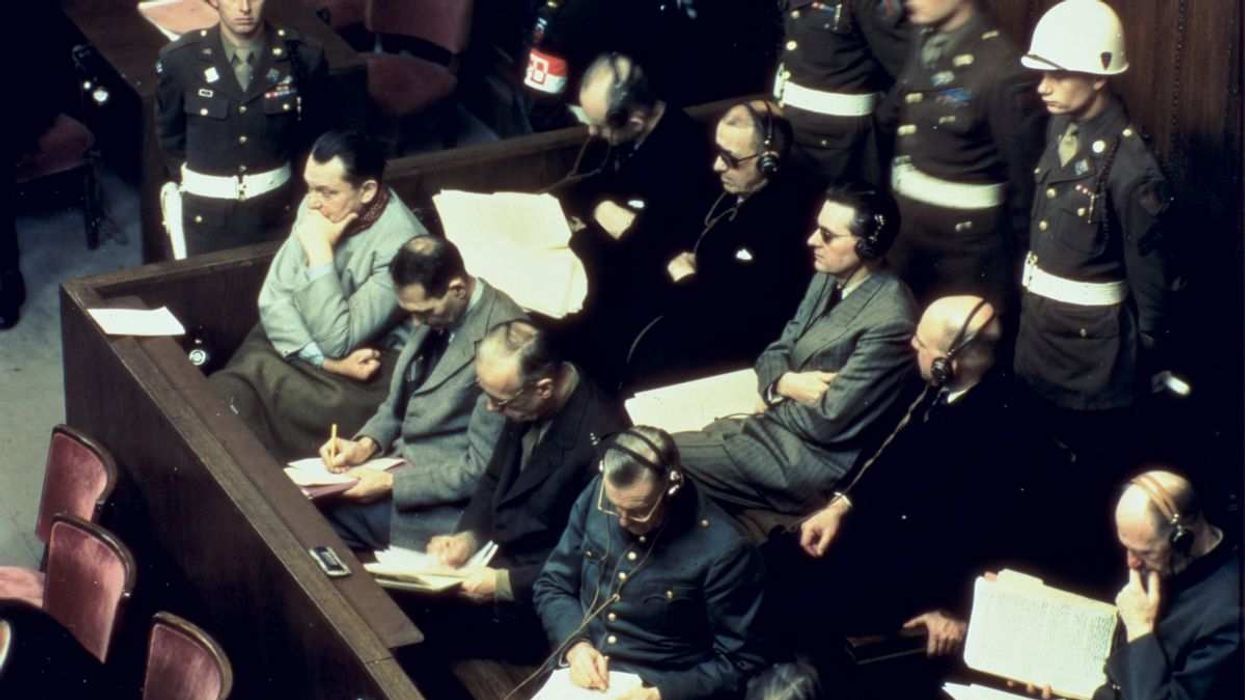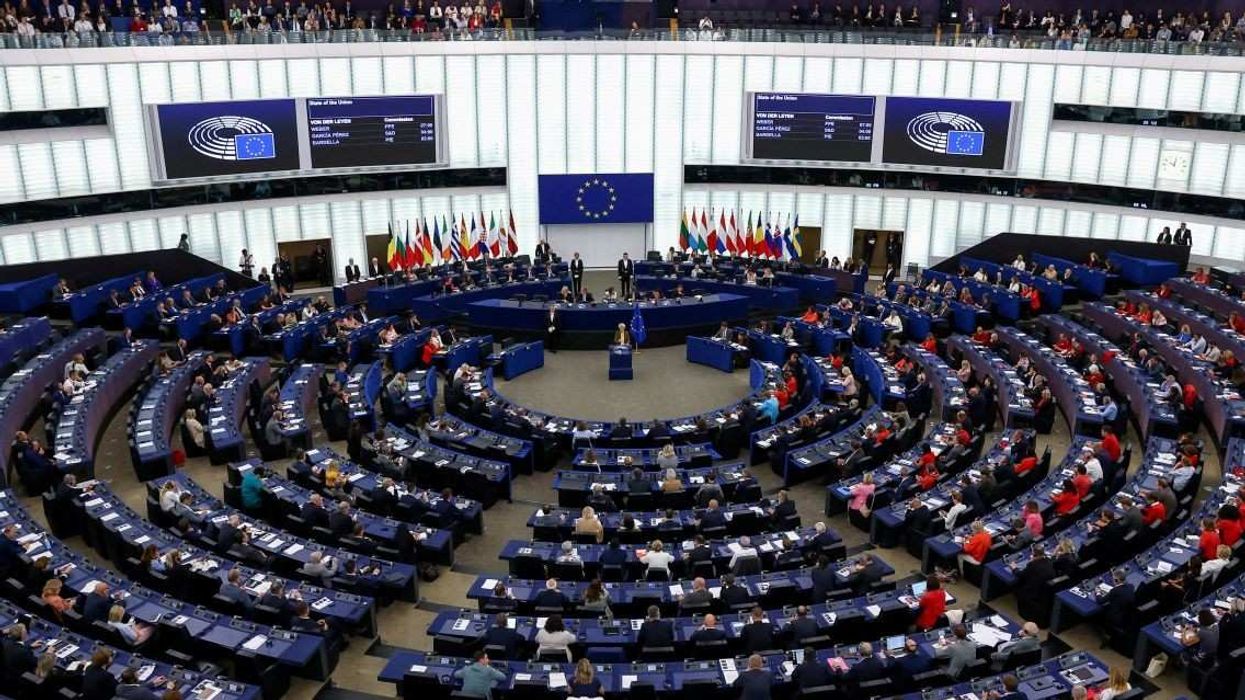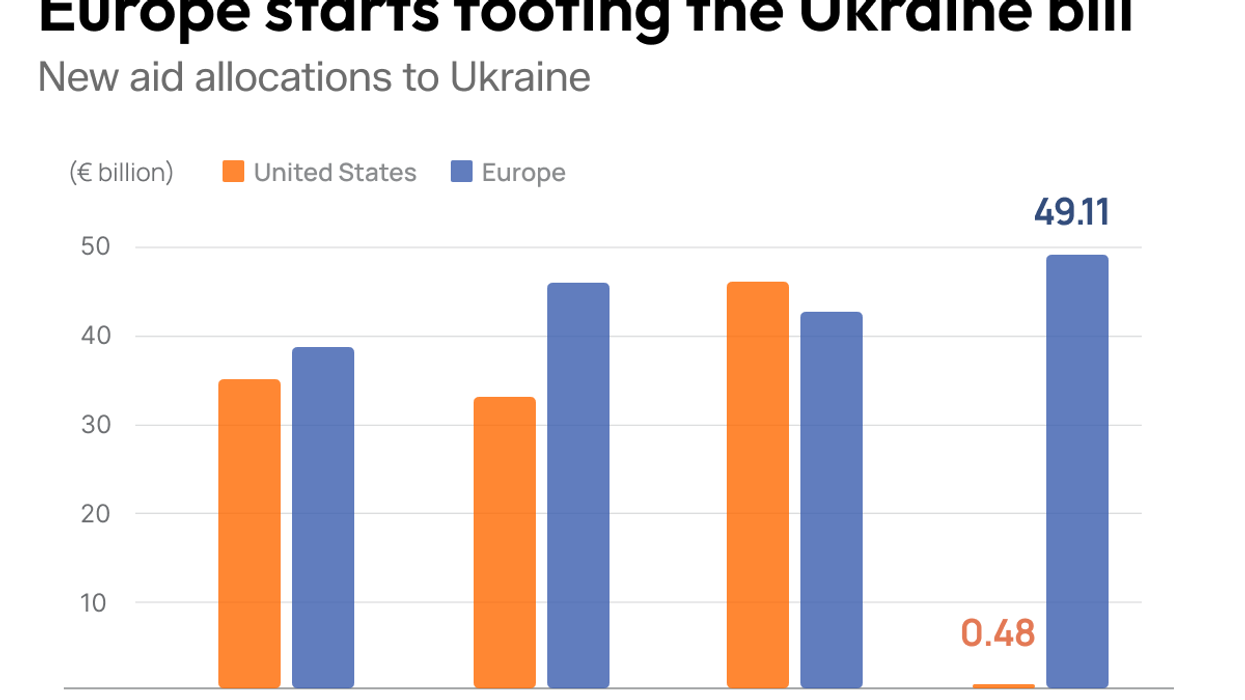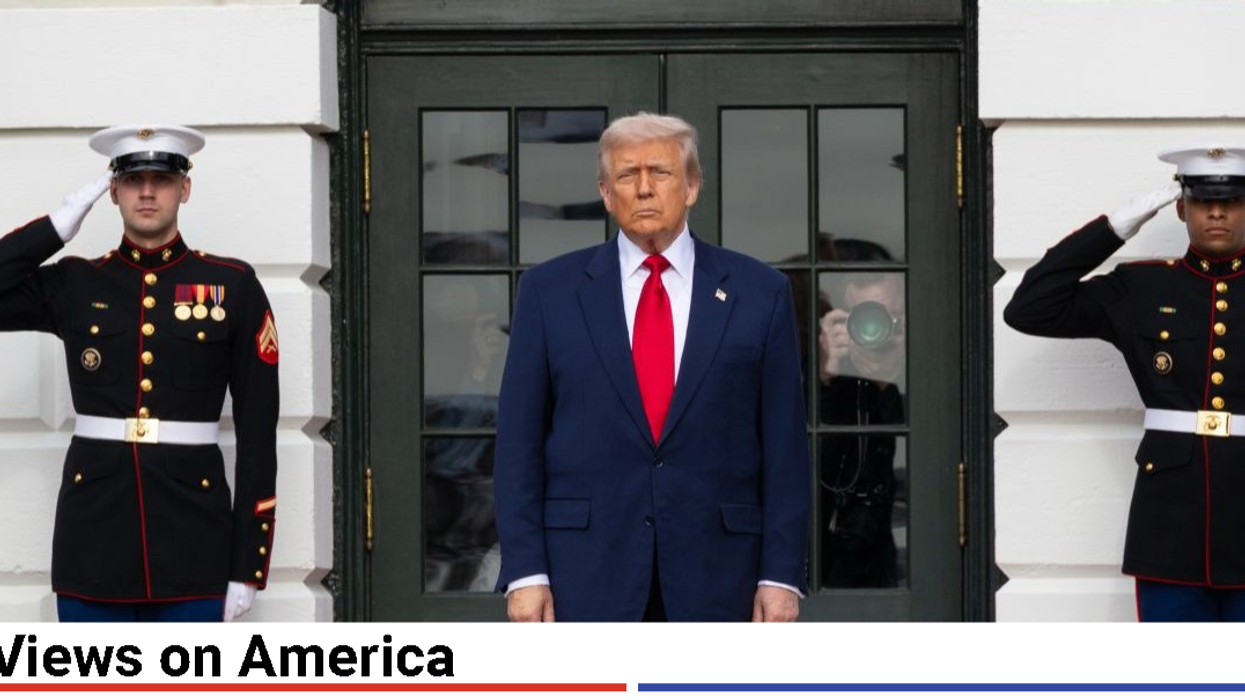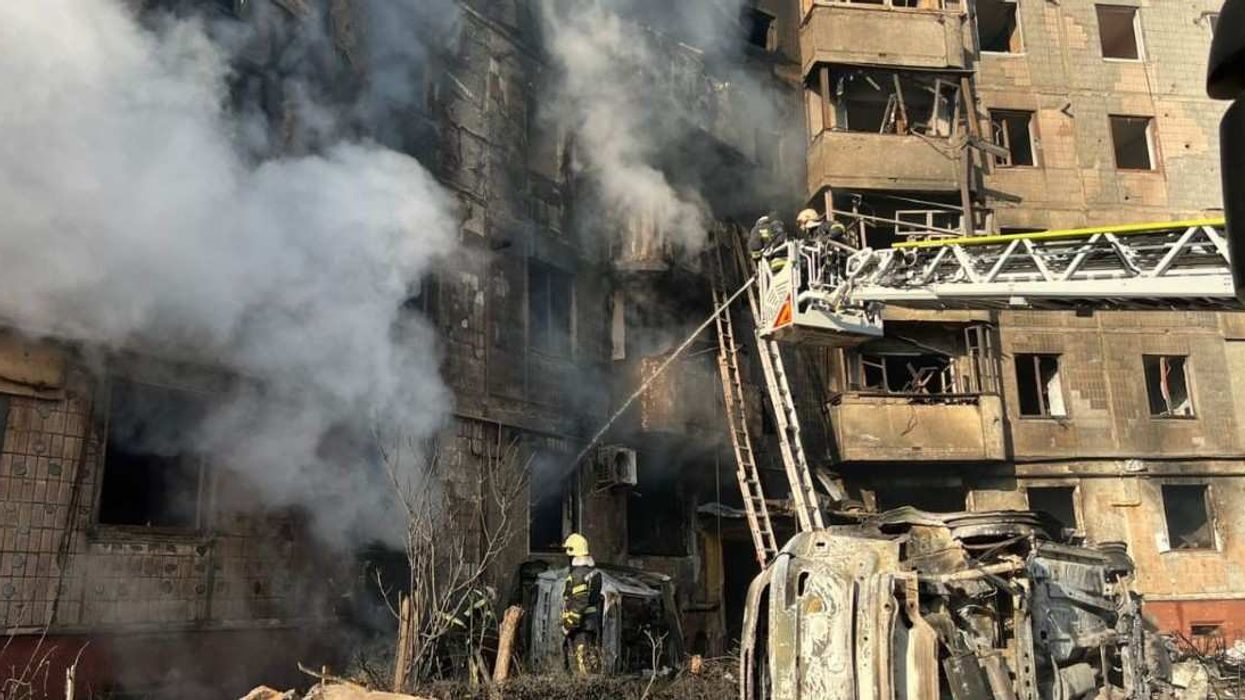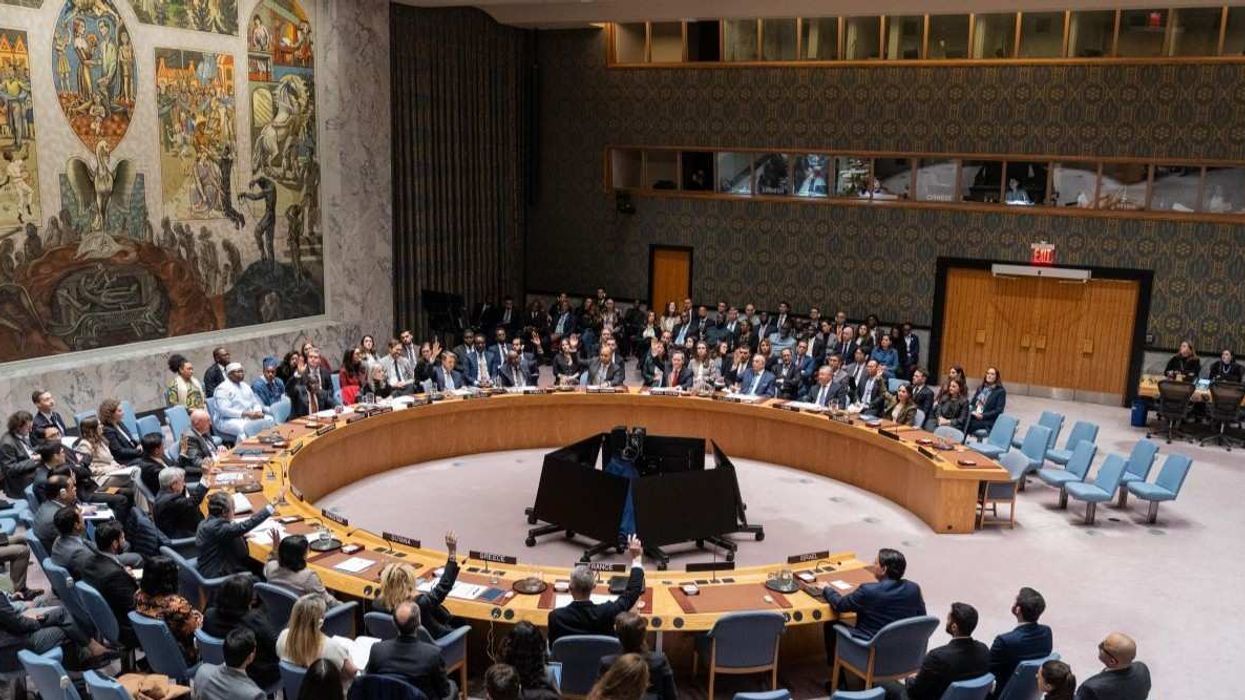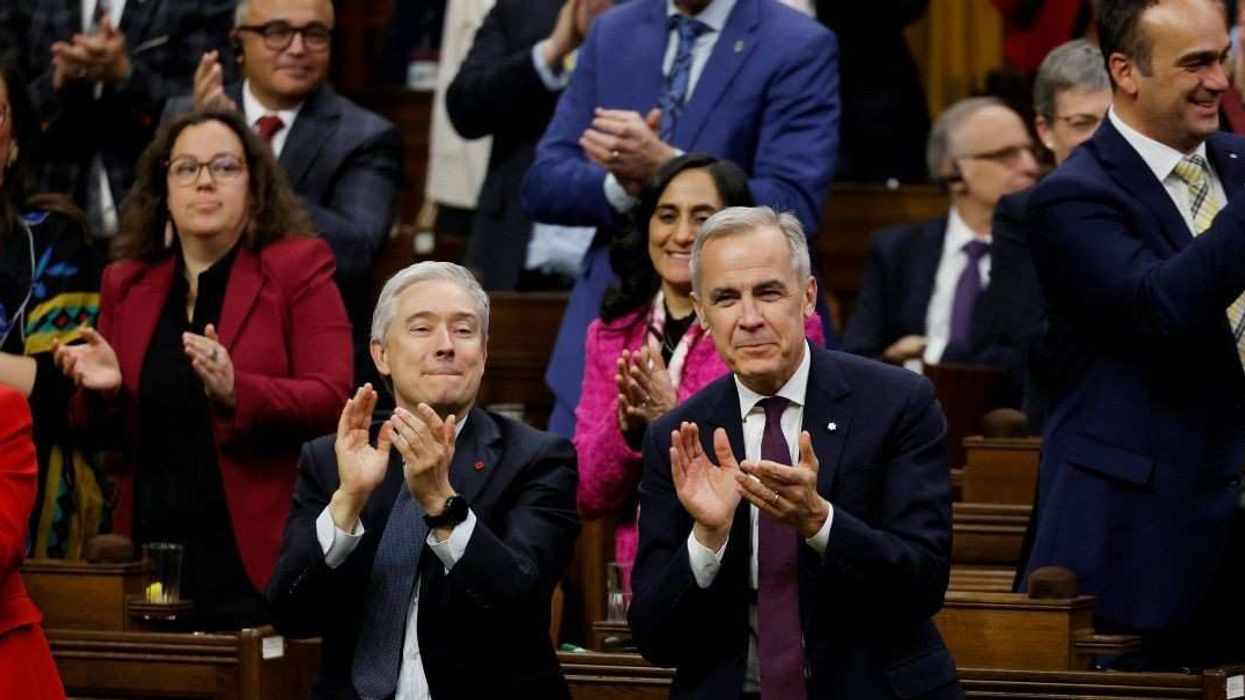VIDEOSGZERO World with Ian BremmerQuick TakePUPPET REGIMEIan ExplainsGZERO ReportsAsk IanGlobal Stage
Site Navigation
Search
Human content,
AI powered search.
Latest Stories
Start your day right!
Get latest updates and insights delivered to your inbox.
Video
GZERO Media - Explore comprehensive coverage of Video on GZERO Media
Presented by
How is the United States doing so far? We're not the best; we're far from the worst. Overall, about average.
To understand how countries are responding to COVID-19, look at the whole government: federal, state, local. Is the government working effectively with the private sector? Look at the healthcare response; fiscal; monetary. Ensure that the virus is contained and people are treated. Make sure the economy continues to function. Finally, are people listening. Given a strong government response, people aren't paying attention, it gets worse. You need alignment & compliance.
The US response on the healthcare side has been late and comparatively ineffective. US already underinvested in healthcare infrastructure, particularly Red States and rural areas with under-served populations. Lack of testing, wasted time, inability to understand the level of spread - real potential of healthcare systems in the US to get overwhelmed.
When Dr. Fauci suggested 100,000 or 200,000 deaths in the United States - an extraordinary number (context of a normal flu season: about 2-4 times vs last year) - it implies that healthcare systems don't get overwhelmed. It implies 20 to 50 million total cases in the US; people who need ICU treatment get it; they have personnel to provide ICU treatment. That may not happen in New York, New Orleans. Compared to most developed countries, the US healthcare response has been substandard.
The private sector response has been strong, ensuring active efforts to develop a vaccine, drugs, to get testing up to speed quickly. The American corporates have done better than the European corporates.
On the monetary and fiscal side, the US has outperformed the scale, scope, and immediacy of the bipartisan 2008-2009 response. Also well-beyond Europe, Japan or South Korea. It's necessary - shutdown of global supply and demand will last at least 3 months. That's a big deal.
All together the Americans are responding slightly better than average. It's not Italy on the bad side, not Germany on the good side. Not South Korea on the good side. Closer to France, the United Kingdom. The UK was late in talking about shutdowns, lockdowns and social distancing. Put the US in context of other rich states.
Put the US in the context of poorer states, which can't afford economic shutdowns like the wealthy world. They can't physically social distance because the average citizen doesn't have space to keep other people distant. The governments don't have the healthcare system to take care of those who will need treatment. The good news: most emerging markets have had comparatively limited explosions of cases so far. In part because they don't have the same level of globalization, people transiting from all over the world, China, Europe, the US. One of the reasons for limited African cases is because they're comparatively deglobalized. But they're not testing much. The exponential rise of cases will be on the same path as the US and in Europe. Turkey, Brazil, Mexico.
International support for those countries isn't there. 3 weeks ago, we got $50 billion in support from the IMF for emergency funding, expecting 3-5 countries to ask for it. It was 81 countries, as of this weekend. Expecting 100+ this week. The money won't be enough. They'll need 10% of GDP in fiscal relief. It's not going to come domestically. It's probably not coming internationally.
Criticize the US response for lack of international leadership. The US has done virtually nothing. No coordination with other countries in data, responsive communications. No good advance information to allies. No good coordination with China. Historically, in major crises, the US takes a leadership role, not always in a productive way. After 9/11, the Wars in Afghanistan and Iraq - money spent, human consequences, failed wars. But the Americans took a leadership role. 08-09, as well. Today, complete absence of American leadership internationally. That's where the Americans fail.
The response from the US has been slightly better than average. If you focus on Trump, the response has been lousy.
Keep reading...Show less
More from Video
It’s official: Trump wants a weaker European Union
December 10, 2025
The power of sports
December 10, 2025
Japan’s leader has had a tricky start. But the public loves her.
December 10, 2025
What’s Good Wednesdays™, December 10, 2025
December 10, 2025
Walmart's $350 billion commitment to American jobs
December 10, 2025
Tools and Weapons – In Conversation with Ed Policy
December 09, 2025
Honduras awaits election results, but will they be believed?
December 09, 2025
Geoffrey Hinton on how humanity can survive AI
December 09, 2025
ask ian
Dec 08, 2025
Quick Take
Dec 08, 2025
Egypt’s Undemocratic Election - And Why the West doesn’t care
December 08, 2025
GZERO World with Ian Bremmer
Dec 08, 2025
Anatomy of a Scam
December 06, 2025
The human cost of AI, with Geoffrey Hinton
December 06, 2025
Ian Explains
Dec 05, 2025
The genocide no one talks about any more
December 05, 2025
Freelance Producer- Broadcast and Digital Video
December 05, 2025
You vs. the News: A Weekly News Quiz - December 5, 2025
December 05, 2025
Why won’t the right unite in Western Europe?
December 04, 2025
The Ukraine peace push is failing. Here's why.
December 03, 2025
The AI economy takes shape
December 03, 2025
Then & Now: Can Haiti's government hold an election?
December 03, 2025
What’s Good Wednesdays™, December 3, 2025
December 03, 2025
Walmart's $350 billion commitment to American jobs
December 03, 2025
Trump, Russia, and a deal Ukraine can’t accept
December 02, 2025
What’s next for Zelensky?
December 02, 2025
Trump threatens regime change in Venezuela
December 02, 2025
Tools and Weapons – In Conversation with Ed Policy
December 01, 2025
The kids are not alright
December 01, 2025
Puppet Regime
Nov 29, 2025
Turkeys reject Trump's pardon
November 26, 2025
Graphic Truth: Turkey is cheaper, but inflation still gobbles
November 26, 2025
Five stories to be thankful for
November 26, 2025
Bolsonaro reacts as Trump scraps Brazil tariffs
November 25, 2025
Pakistan slides deeper into autocracy
November 25, 2025
Is Trump’s trade strategy backfiring abroad?
November 25, 2025
Toppling Maduro would be "the easy part" says former Ambassador
November 25, 2025
Tools and Weapons – In Conversation with Ed Policy
November 24, 2025
Europe divided as US pushes Ukraine-Russia peace deal
November 24, 2025
Japan-China spat over Taiwan escalates
November 24, 2025
Anatomy of a Scam
November 24, 2025
Could the US really invade Venezuela?
November 24, 2025
Gaming out a US-Venezuela war with ambassador James Story
November 22, 2025
Trump, Zelensky, and Putin discuss Ukraine peace deal
November 21, 2025
Ian stands in line for a bagel, the internet melts down
November 21, 2025
Could the US pull another Panama in Venezuela?
November 21, 2025
20 years after Merkel, men still hold most top offices
November 21, 2025
You vs. the News: A Weekly News Quiz
November 21, 2025
Three issues dividing the EU right now
November 20, 2025
Tap and go: The future of urban mobility
November 20, 2025
Trump’s risky Venezuela strategy, explained
November 19, 2025
Graphic Truth: Europe tries to fill US void in Ukraine funding
November 19, 2025
The AI economy takes shape
November 19, 2025
A Trump Doctrine of heavy footsteps and many levers
November 19, 2025
GZERO Europe
Nov 19, 2025
Putin wants Trump to DO IT
November 18, 2025
The Debrief
Nov 18, 2025
Tools and Weapons – In Conversation with Ted Sarandos
November 18, 2025
Walmart's $350 billion commitment to American jobs
November 18, 2025
Canada’s government survives budget vote
November 18, 2025
GZERO Series
GZERO Daily: our free newsletter about global politics
Keep up with what’s going on around the world - and why it matters.




